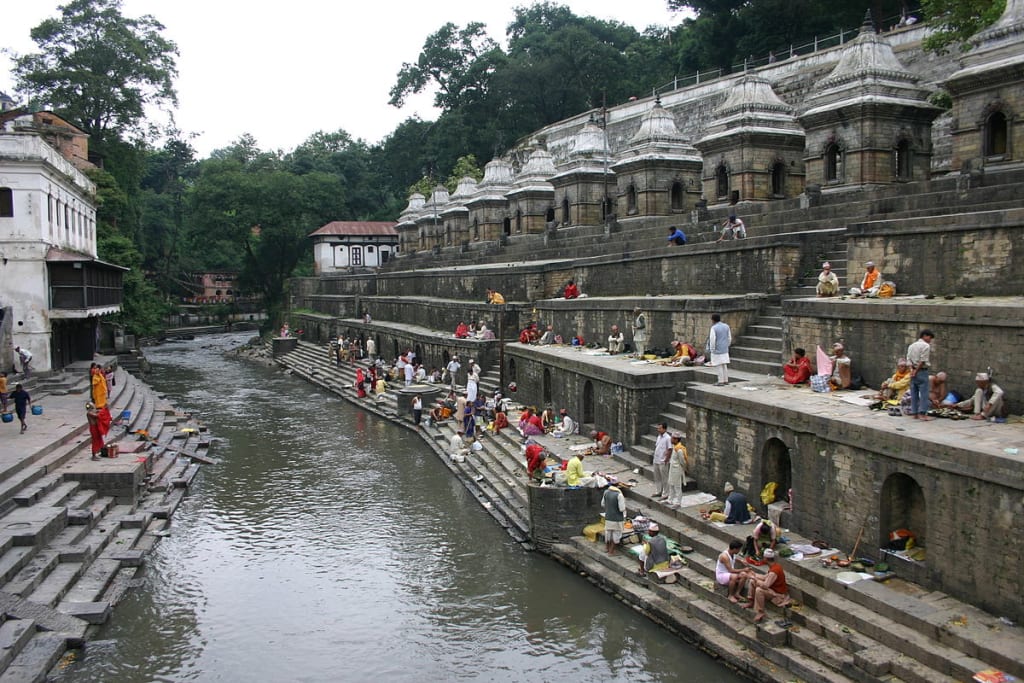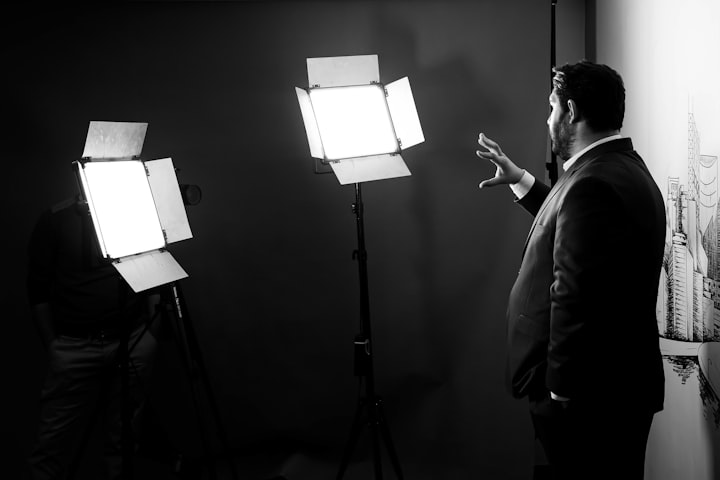Public Displays of Grief
and the taboo attached to it

I remember all the family was meeting at my grandma's house for a special occasion. Must have been a holiday or just a random Tuesday in the little town outside of Damascus where nightly family gatherings in the courtyard were the primary form of entertainment. A majority of the folks were outside but all of the women had congregated in one room and I wasn’t sure why. When I went to inspect, I saw Khalto (Auntie) sitting on a chair sobbing. Her eyes were crying so hard they seemed like they wanted to escape her head. All the other women gathered around, consoling her. Immediately I walked out of the room and started to joke with my cousin who was playing it off like her mother was being ridiculous. She herself was probably experiencing the same pangs of hurt but didn’t want to feel the blow at the moment since, after all, it was her younger brother who had died when she was just a kid. I later found out through some murmurings that on the walk over Khalto had seen a child run into the street and get hit by a car which sent her into a flashback of her own son getting hit and killed by a car nine years earlier. The pain was so raw, so ever present and there was no hiding it.
I've witnessed displays like this in Nepal when I first saw a woman publicly grieve and wail over a loved one. It is a Hindu belief that if a body is bathed in the sacred Bagmati river upon death that person’s spiritual journey can commence and the cycle of endless reincarnation will cease. This river passes through Pashupatinath Temple, where I was the night three men carried their loved one wrapped in an orange cloth towards the flowing water while mourning loved ones trailed behind. A woman dressed in a red sari, no longer able to support the weight of her pain, collapsed on the stairs leading down to the river. The limp mass of what was once alive was briefly bathed and carried off towards the fires for cremation. The tour guide I was with nonchalantly expressed that he enjoyed visiting this temple because it reminded him of life’s temporality and quickly moved on with the tour given he had plans to grab beers with friends later that night. It's possible such a sight added a sense of gravity to his casual gathering but that could have also been presumptuous of me given such images were commonplace rituals. After-all, I was the foreigner in the scene who was not accustomed to such public displays of grief.
In the west it is customary to adorn anything ugly in a beautiful mask and stow it away. All of our pain is properly groomed and often when it is nakedly displayed, it is dismissed. In Arequipa, Peru I was shocked to see how many patrons reached into their pockets to help a man asking for financial help on a public bus for his sick daughter’s hospital treatment. In that moment my mind drifted to all the times I’ve witnessed citizens walk into a New York City train-car asking for help only to have hundreds of people avoid eye contact. To constantly stow away grief or dismiss it when it is shown conditions us as a society to view it as shameful and in turn dissociate from it. Dissociation is only a temporary but extremely toxic fix. Expressing our pain is an integral, initial step in healing. Public displays of grief or sadness are essential but an equally important counterpart is access to a safe space where such feelings can be understood and cared for. On a societal level, where are these spaces and possibly more challenging, on a personal level, what does it take to enter them?






Comments
There are no comments for this story
Be the first to respond and start the conversation.